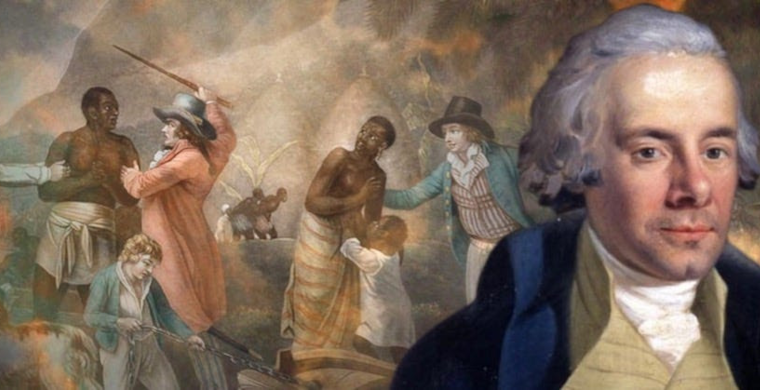REPARATIONS: WHO PAYS WHOM?
No reparations are due. We paid the price
By Fr. Calvin Robinson
Nov. 12
The argument for reparations never makes much sense. There seems to be a fundamental flaw that no one has addressed: Who would pay whom?
We know there is no such thing as government money. There is only taxpayers' money. Demanding the government donate money to a particular demographic is, in fact, demanding they redistribute our money to people based on their skin colour. The premise is undeniably racist.
Not to mention, African/Caribbean people only make up 3% of the UK population. Why is it that we only ever hear of reparations for black people? Asian people make up more than double that, at 7% of the UK population; where are the demands for Indian/Pakistani reparations? Not that it matters, the idea would be equally unrealistic.
What would happen, in reality, would be poor black people paying money to rich black people unless the reparations were means tested. Even then, what are the qualifying criteria for receiving reparations? How black does one have to be? Should we prove our lineage? I'm mixed-race; should my white mother give my black father a cash payout? Of course not. How do we know our ancestors were slaves and not slave traders themselves? And that goes the other way around, too -- the average white Brit at the time of the transatlantic slave trade was below the working class, practically living a life of serfdom; slavery was an industry of a small elite, therefore why should the average Brit carry any guilt?
This obsession with the transatlantic slave trade is unproductive. What about every other form of slavery? History is rife with the evil of slavery.
The Church of England is a prime example. The Church is currently talking about finding ways to pay reparations. This year we heard they are looking at putting aside millions of pounds for reparations due to the Church's "links to slavery and colonialism". They forget that former Parliamentarian William Wilberforce's involvement in pushing the abolition movement was motivated by a desire to put Christian principles into action and to serve God in public life. It was the Christian abolitionists who were the force that initiated and organised the abolitionist movement. Wilberforce wrote in this diary, "God Almighty has set before me two great objects, the suppression of the Slave Trade and Reformation of Morals."
If the Church is going to look at paying out reparations, perhaps we need to look further afield than just the transatlantic slave trade.
Pope Gregory the Great sent St Augustine to Kent to convert England to the Christian faith in the 6th century. He heard about our Pagan ways from a couple of English slaves on the continent. Bede reports that Gregory met a couple of fair-skinned slaves and was taken aback by them; St Gregory is quoted as saying, "They are not Angles, but angels, if they were Christian", of course referring to the Anglo-Saxon slaves by their point of origin, the Angles -- England.
Should we, therefore, seek reparations from Rome? After all, the Roman empire owned 5-10million slaves, and we know Englishmen were among them.
There are also the Greeks and the Turks. A quarter of the population of Athens in Ancient Greece were slaves, and the Ottoman Empire was rife with the problem of slavery.
None of this is feasible, and the reality is that the societal evil of slavery has existed in just about every tribe and nation. The difference being, we were the first nation in thousands of years to rise up against the elite and say we would not accept this immoral behaviour. It was a grassroots movement. We didn't just say slavery is unacceptable at home; we said it is abhorrent everywhere and campaigned on a global scale -- something quite significant in those days -- to end slavery around the world.
We spent half a century with our Royal Navy sailing around the world, eradicating slavery. We broke the international laws of the seas to abolish slavery. We were a bold, brave and righteous nation.
UK parliament implemented eighty-five pieces of legislation in the 19th century to prevent slavery. As a nation, we spent £20million to fund the Slavery Abolition Act of 1833. That was equivalent to 40% government's total expenditure. No mean feat!
Once again, slavery is evil. I am not at all endorsing the horrific trade. What I am saying is that it's an awful practice that has taken hold of every part of the world at some point in history. The difference is we put an end to it. We made arguably the biggest impact clamping down on slavery there ever has been. That is something to be proud of. But it also cost us dearly, not just in monetary terms, but in human lives.
No reparations are due. It was a worthy cause; we paid the price.
END














